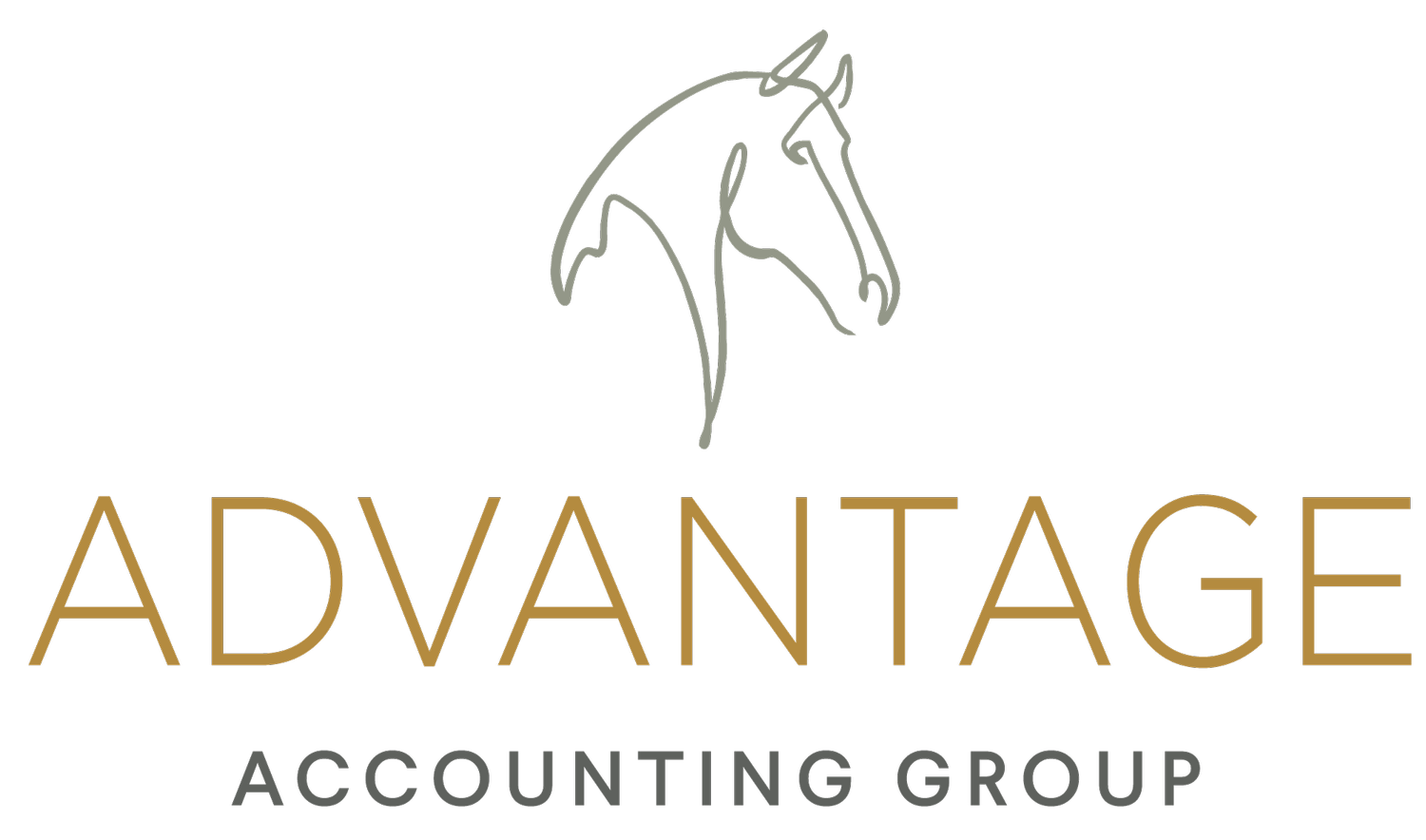FY24 Tax planning and Strategies Small Business
As 30 June 2024 is fast approaching, we have prepared some information which may assist you with some tax planning options. Taking advantage of some of these options may put you in a better taxation position this year. If you would like to know more, please contact us for a complementary 15 minute virtual catch up.
-
As 30 June 2024 is fast approaching, we have prepared some information which may assist you with some tax planning options. Taking advantage of some of these options may put you in a better taxation position this year
-
For small business entities (aggregated turnover less than $10 million) using simplified depreciation, the cost threshold of an asset for instant write-off has been reset to $20,000.
The $20,000 threshold will apply on a per asset basis — this means that you will be able to instantly write-off multiple assets.
Please note: this measure is still going through parliamentary approval to become law.
-
Businesses with annual aggregated turnover of less than $50 million will receive an additional 20% deduction for eligible expenditure on training employees, and investments that support energy-efficient practices and implementing energy-saving technologies.
The following incentives are available until 30 June 2024:
• Skills and training boost
• Efficient energy
-
Trustee resolutions are not accepted as giving rise to present entitlements for an income year unless they are made by 30 June 2024. Sometimes, this date may be earlier if required by the trust deed.
-
From 1 July 2024, the Superannuation Guarantee (SG) rate for compulsory superannuation contributions by employers will increase from the current 11% to 11.5%.
-
Trust income distributed to adult children
The ATO has advised that compliance resources will be dedicated to scrutinise arrangements where parents benefit from the trust entitlements of their adult children.
The ATO acknowledges circumstances where adult children by way of these arrangements repay expenses incurred in relation to their upbringing and other family costs that would ordinarily be met by the parents. Nonetheless, these arrangements will be closely monitored to ascertain if there is contemporaneous evidence of the claimed obligation.
Retention of funds by the trustee
A scenario where beneficiaries of a trust retain their distribution as working capital in a business that is run by the trustee, falls under ordinary dealings as long as there is “use of funds condition”. The beneficiary, in such a scenario, may be a private company that enters into a loan agreement with the trustee that complies with Div 7A.
These arrangements have been approved by the ATO will not be scrutinized.
